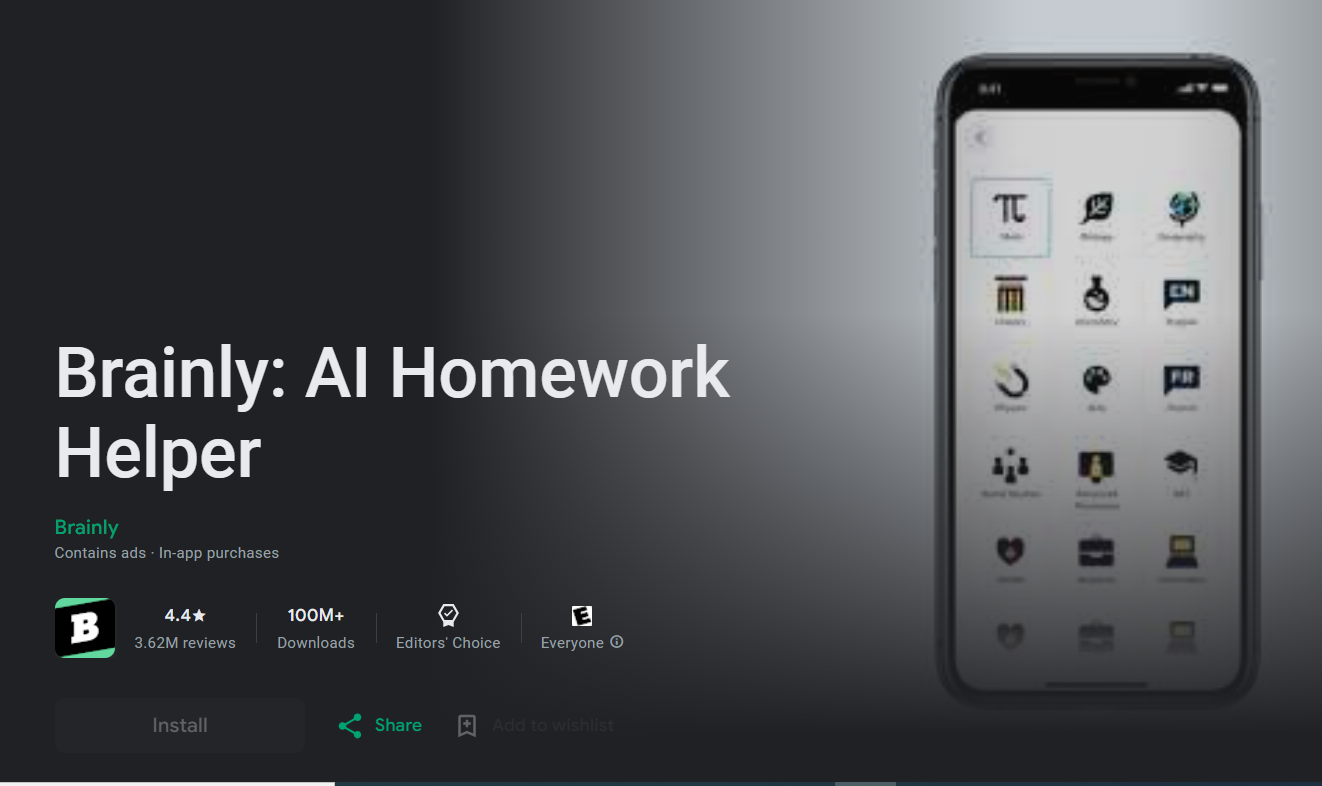Ever found yourself spending unusually more time on a math problem – especially even after you’ve deduced the solution? Many learners across the world share this issue. Math, being a complex subject that requires step-wise operations for problems, requires students to be careful with their calculations. One unintentionally wrong input at any step can potentially destroy the chances of reaching the correct final answer, subsequently destroying the chances of securing full marks for that question.

This anxiety to get answers right can put even the brightest students in a negative feedback loop, where they end up stressing out more than actually solving math problems. Thankfully, AI can act as a lifeboat for those who resonate with the situation described above. AI can provide math help in the following ways:
1. Instant Step-by-Step Validation:
AI tools can serve as a built-in checkpoint system, providing step-by-step validation for each part of a math problem. Students can utilize AI math solver apps to validate the calculations they’ve done. Instead of second-guessing every operation, AI can confirm that they’re on the right path without immediately seeing the final answer. This feedback is crucial for building confidence, as it assures students that they’re making progress while still requiring them to apply their problem-solving skills. By catching small errors in real-time, AI helps students feel more secure in their approach and saves them from the frustration of redoing entire problems.
2. Alternative Solutions for Broader Understanding:
Many AI tools can present different methods for solving the same problem. This versatility encourages students to explore various problem-solving strategies, which is particularly useful for those who struggle with specific steps in a traditional method. By seeing different approaches, they can identify methods that resonate with their learning style, helping them gain a stronger and more adaptable understanding of mathematical concepts. In this way, AI shifts the focus from mere answer-getting to genuine comprehension. Additionally, some AI math helper apps also provide access to discussion forums where learners can connect with each other and share tricks to get the correct answer faster.
Key Considerations:
1. Validate AI-Generated Solutions Independently:
Even though AI is advanced, it’s not infallible. Students should always double-check AI-generated answers against their own calculations or other reliable resources, such as answers provided by experts. This practice helps confirm accuracy and strengthens students’ confidence in their abilities. Validating answers is an essential step in ensuring AI is being used as an effective learning aid.
2. Engage with Community Insights Responsibly:
Some AI math apps also offer community Q&A sections where students can discuss different ways to approach a problem. While this can be helpful for learning various techniques, it’s crucial to engage responsibly. Students should use these insights to enhance their understanding and not as a way to sidestep their problem-solving efforts. Responsible participation can transform these communities into spaces for genuine learning and skill-sharing.
AI tools encourage students to take control of their learning while reducing the anxiety of potential mistakes. When students know immediately whether their answer is on track, they’re less likely to feel stuck in a cycle of doubt. This real-time feedback promotes a growth mindset, where students view errors as learning points rather than failures. With each correct step validated by AI, they build resilience and confidence that carry over into future problems.
